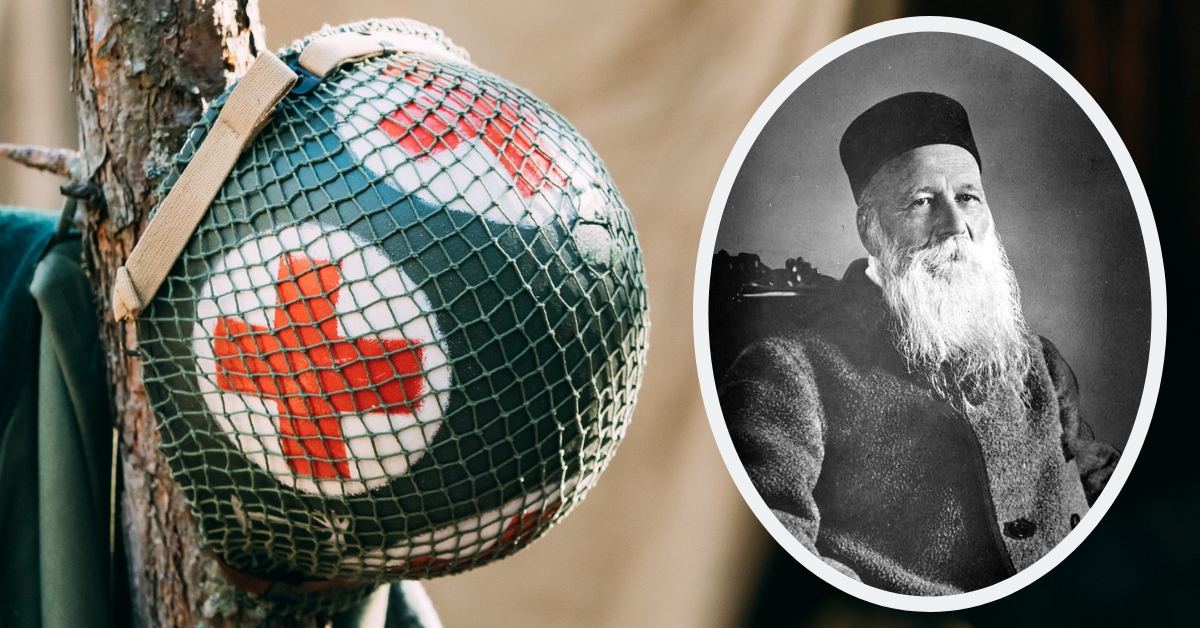Have you heard of Henri Dunant? If not, it’s okay. The happy few who can identify Henri Dunant as the founder of the Red Cross movement are usually the Trivial Pursuit aficionados.
But in the midst of today’s crisis, Dunant‘s life is worth recalling in more depth than a general knowledge board game answer as his contribution to humanity is far from trivial.
His is a story of humanity in a moment of crisis and acute trauma. Inspired and driven by the trauma he witnessed, we come to the origin story of the Red Cross Movement.
Born in 1828 to a wealthy but pious family in Geneva, Dunant had a childhood filled with bible reading and alms giving. Even after growing up and learning the trade of the financier he managed to stay bright-eyed and naive. As a businessman, Dunant was wanting.
He had the ambition and even the charisma but lacked the miserly tendencies that turn daily dimes into great fortunes. In short, he was a dreamer.
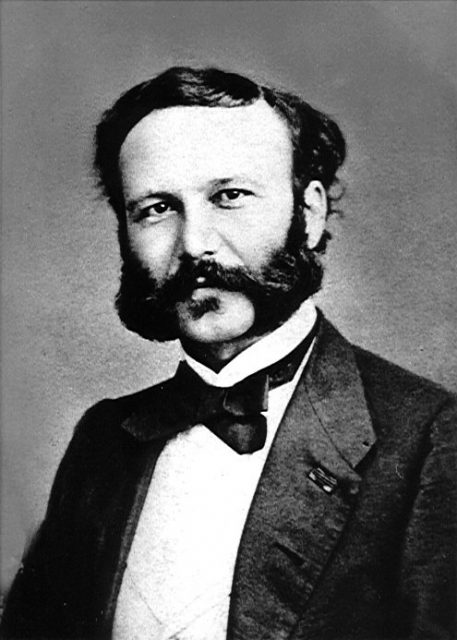
After setting out on his own and establishing a shaky enterprise in Algeria, it was not long before Dunant was in dire need of financial help and political intervention.
As Algeria was then part of the French Protectorate, Dunant sought out an audience with the Emperor Napoleon III in order to get assistance in his business affairs. As it happened, Napoleon III and France were at war.
Not to be deterred by that inconvenient fact, Dunant made his way to Northern Italy, where France (and Napoleon III) and Austria, and their respective allies, were readying to engage in the bloodiest European land battle in 50 years. This battle was to be called the Battle of Solferino.
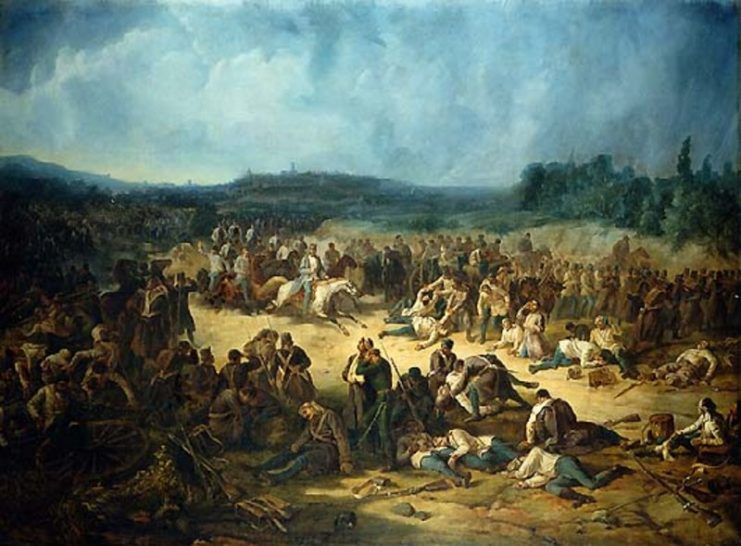
Dunant, who was sheltered and Swiss, had never before seen the fallout from war. The aftermath he witnessed of the 1859 Battle of Solferino was an earthshaking experience.
Warfare in the mid nineteenth century had reached a new level of killing potential as compared to the prior century with combatants trading in their muskets for repeating rifles and revolvers.
Artillery had become more mobile and tactical, with industrialization providing greater availability and affordability.
Battles in the mid 1800s had not yet taken on the trench style warfare of WWI focused on attrition: the Battle of Solferino featured lightning fast cavalry charges and troop movements designed to compress maximum damage in minimal time.
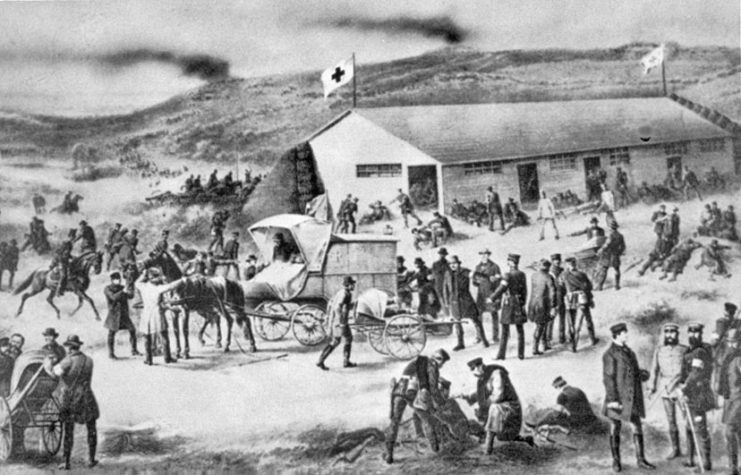
Among the horrors of war Dunant witnessed at the Battle of Solferino were miles and miles of thousands and thousands of young men, dead and dying, without any sort of organized aid response.
The Battle of Solferino was also one of the last major battles to occur before the widespread use of antiseptic.
As such, infection among the wounded was rampant, as was amputation. Worse still, there were instances of enemy wounded being sought out and killed. These truly traumatic scenes change Henri Dunant, and as a result, the world.
After bearing witness to this trauma Dunant did not fly from Solferino but rather, was compelled to stay on to help care for the wounded. He worked tirelessly as an administrator, setting up make-shift field hospitals, but also assisting in the bloody grunt work needed to physically give aid to the suffering soldiers.
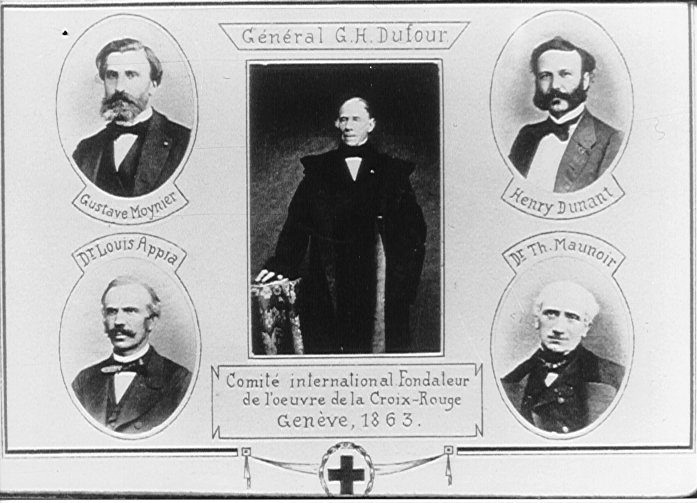
Bodies were buried. The wounded recovered or didn’t. Time marched on. Dunant tried to return to his normal life but our dreamer found that he could not create distance from the trauma.
The Battle of Solferino had produced a reflex in him, but his full reaction was not yet complete. He decided to document his experience in the form of a memoir. In his published work, A Memory of Solferino, he lays bare a full account of the Battle in all its gory detail.
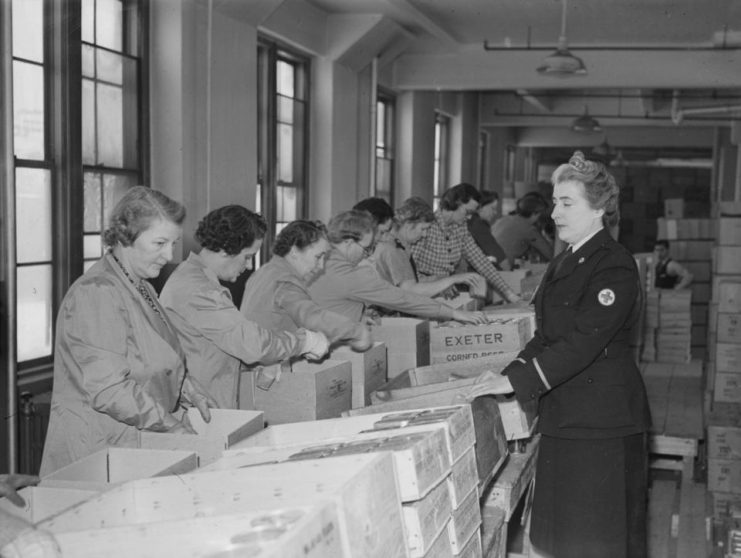
This memoir spread through Europe like wildfire. European leaders were appalled into action. This momentum turned into a movement when Dunant, along with a small group of like minds, founded the International Committee for the Red Cross.
Though this organization was founded to improve the conditions of the wounded on the field of battle, it has expanded and grown into one of the largest humanitarian organizations in the world.
Today the movement maintains volunteer societies in 190 countries and has alleviated the suffering of millions of people facing the effects of warfare, natural disaster, and epidemic.
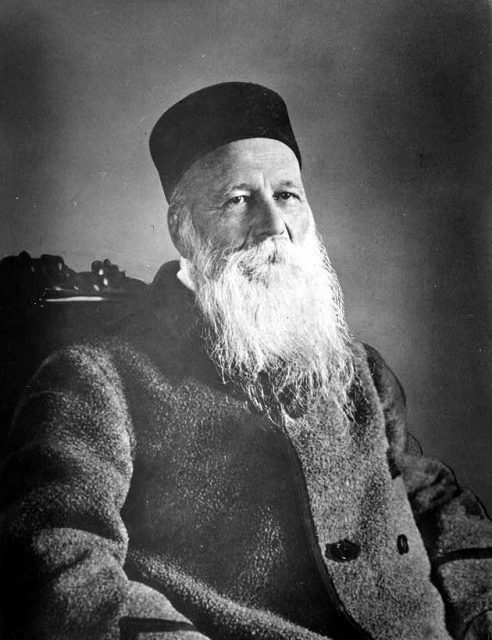
Beyond founding the Red Cross, Dunant ultimately helped coordinate the Geneva Convention and was awarded the first ever Nobel Peace Prize.
I found Henri Dunant’s story fascinating enough to inspire the historical novel Terribilita. Based on much research into the era and Dunant, the story features a fictional Italian family swept up in the politics and violence of the 19th century Risorgimento movement. Dunant plays a small but critical role in the story by guiding the family to higher moral ground.
His was one of many possible reactions to a crisis but can represent an important lesson and a message of hope as we consider the collective trauma of today.
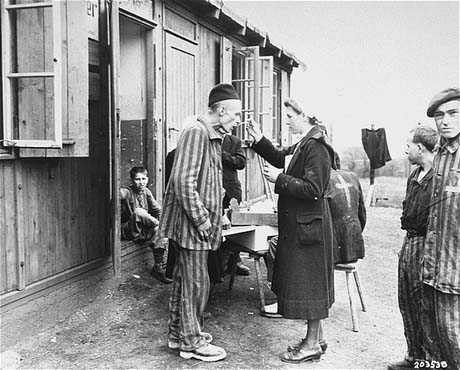
By Ben Wyckoff Shore
Ben Wyckoff Shore is the author of Terribilita, an historical novel set in Italy at the time of the Italian unification movement (Risorgimento).
Witold Pilecki: The Inspiring Story of the Polish Spy Who Took on the Third Reich
An avid reader with a penchant for writing about very flawed, very human characters as well as stories about rebellion and self-sacrifice, Ben enjoys nature and loves all sorts of dogs but especially underdogs.
